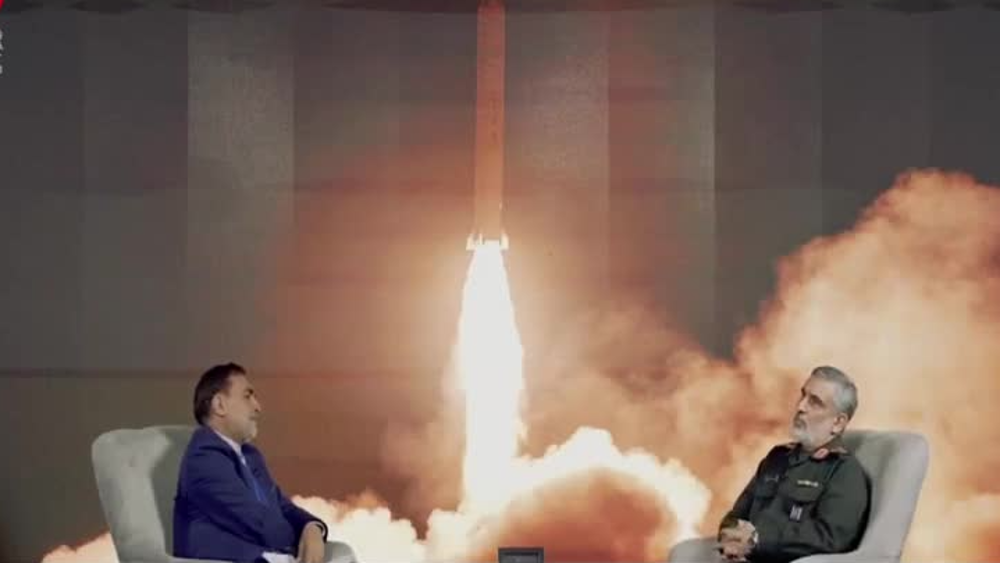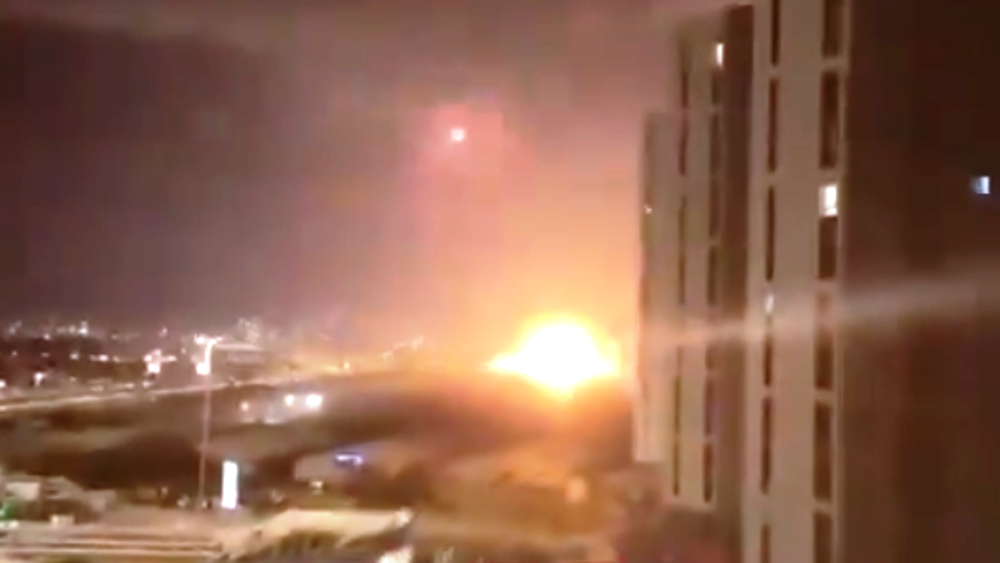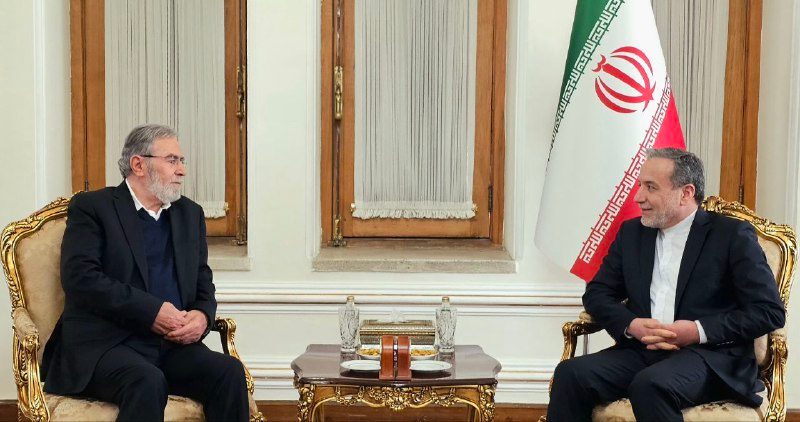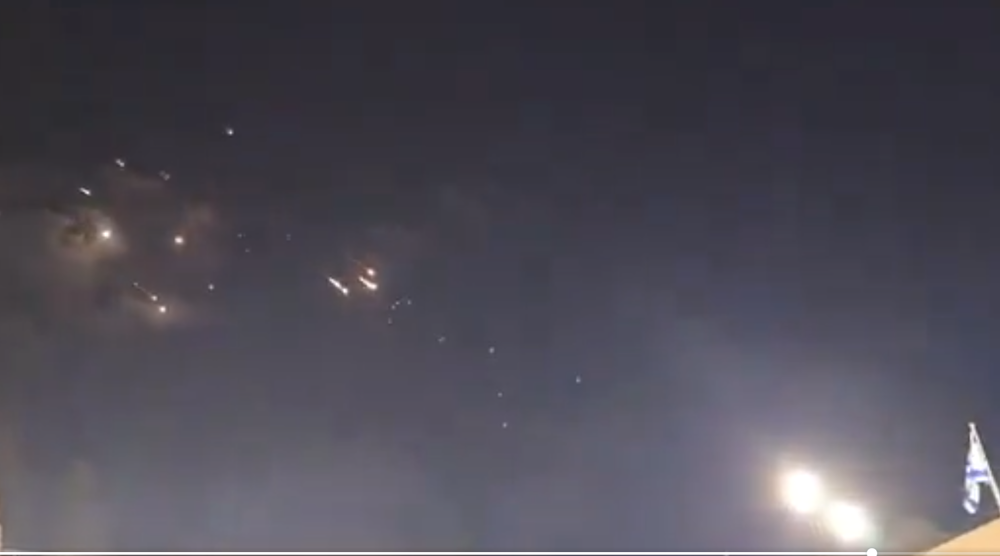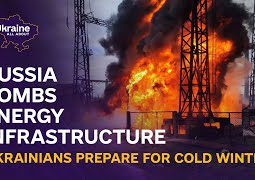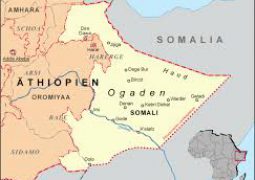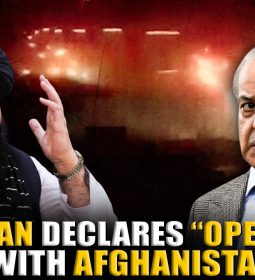Iranian general: Operation True Promise III will rain on Israel soon

A high-ranking commander of the Islamic Revolution Guards Corps (IRGC) has said that Iran “must be ready for war, so that there is no war.”
Brigadier General Amir Ali Hajizadeh, the commander of the IRGC’s Aerospace Division, made the remarks in a televised interview on Tuesday.
He said that the third retaliatory military operation against the Israeli regime will be carried out.
Hajizadeh pointed to the IRGC’s recent successes in the True Promise operations against Israel and noted that True Promise III will be realized soon.
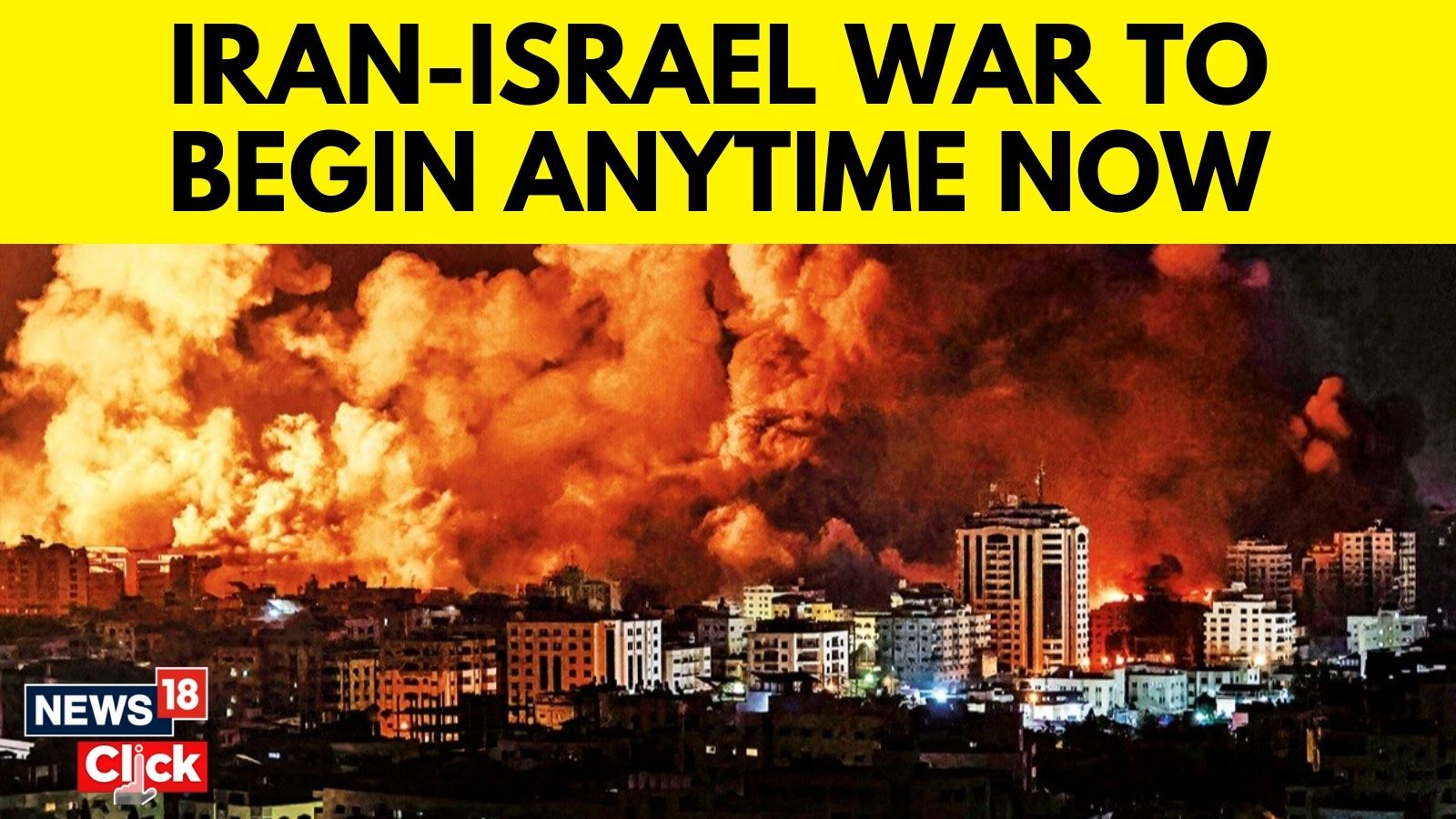
“The Americans and the Zionists are looking for concessions, and their threats are mostly psychological,” he said referring to recent American and Israeli threats.
“We must be ready for war, so that there is no war, and we are sure that the enemies are not able to manage the conflicts,” he stated.
He said the IRGC Aerospace Force’s production line has never stopped despite the enemies’ efforts to stop it.
“We always prepare ourselves for war, and by God’s grace, our production line has not stopped for a single day,” Hajizadeh said.
“The enemies were trying to disrupt our production chain, but our actions and cooperation with the Ministry of Defense prevented them from achieving their goal,” he said.
Hajizadeh also pointed to the increased attention of officials and the allocation of more resources to this area.
“These conditions have increased the motivation of employees and created a greater increase in production,” he stated.
Hajizadeh emphasized that concerns about war are unfounded and that the country’s main problems are in the economic sphere, which requires special attention.
He called on the Iranian people not to worry and emphasized the importance of strengthening the economic sphere.
Israel’s defeat in Operation Al-Aqsa Flood irreparable
Brigadier General Hajizadeh said that the Israeli regime suffered a major strategic defeat in Operation Al-Aqsa Flood and lost its credit.
He described Operation al-Aqsa Flood as the biggest ever anti-Israeli operation, which led to an implosion within the regime.
The IRGC commander said despite all its savagery and use of force, Israel failed to achieve any of its projected goals in Gaza.
Hajizadeh said Israel’s atrocities following Hamas’s operation exposed the regime’s brutal and aggressive nature to the world.
He stressed that without US support, Israel would not have been able to recover from that defeat.
“The recent developments began with Operation Al-Aqsa Flood, which was planned and executed by Hamas, and as the Supreme Leader said, this defeat is not recoverable and today everyone sees that this defeat is irreparable,” Hajizadeh said.
He stated that the foundation of the Zionist regime is oppression. “They had created an unrealistic image of their power, but we see that they failed both in preventing the Operation Al-Aqsa Flood and in negotiating a ceasefire.”
He added that after the Operation Al-Aqsa Flood, many Palestinians got martyred but the Palestine issue got global recognition which was a great achievement for the Palestinian cause and a great defeat for the Zionist regime.
Hajizadeh explained the details of the Islamic Republic’s retaliatory operations against the Israeli regime, dubbed Operation True Promise I and Operation True Promise II.
Referring to the Israeli regime’s miscalculation in attacking the Iranian consulate in Syria on April 1, 2024, he said, “This action was due to their misconception that Iran would not take direct action because it wants to avoid war.”
Days after Israel’s deadly attack on the Iranian diplomatic premises in Syria that killed seven members of its armed forces including two generals, the IRGC launched extensive missile and drone strikes against the occupied territories. It was called Operation True Promise I.
On October 1, 2024, Iran again launched a barrage of missiles toward the Zionist entity’s military and intelligence and spying bases. Operation True Promise II was carried out in response to the regime’s assassinations of Hamas chief Ismail Haniyeh, Hezbollah’s leader Sayyed Hassan Nasrallah, and IRGC commander Abbas Nilforoushan.
Hajizadeh said that these operations were carried out based on a unanimous decision and there are clear red lines that the Zionist regime has failed to recognize correctly.
“The world’s largest ballistic missile operation was carried out by the Islamic Republic of Iran, and this shows our power to defend the people and the [Islamic] system,” he stated.
The commander of the IRGC Aerospace Force also pointed out the consequences of Operation Storm Aqsa.
“After this operation, the collapse of the Zionist regime began and the Americans took over the management of the scene,” he stated.
He also pointed to the presence of four American ships on the Mediterranean and Red Sea coasts, saying: “These ships were sent to the region for anti-ballistic defense.”
Brigadier General Hajizadeh emphasized that all the radar networks of the countries in the region acted in unison to prevent the Iranian operations but could not, this shows the high capabilities of the Islamic Republic of Iran in the field of defense.
Iran’s missile operation was major defeat for Israel
Hajizadeh explained the details of Iran’s Operation True Promise II. He said the operation was carried out in a situation where Iran’s all radar information was gathered by the United States and sent to CENTCOM.
“If we had fired a ballistic missile from Shiraz, its information would have been transmitted to the Zionist regime and Jordan moments later through the Persian Gulf,” he said.
“More than 75 percent of our missiles hit the target and these shots were broadcast live to the world,” Hajizadeh said.
“A mass of missiles entered the occupied territories, and this indicated a major failure of the Zionist regime in defending itself,” he added.
Referring to the Zionist regime’s defense system Hajizadeh said: “While firing the missiles, they started firing anti-ballistic missiles in a panic, and some of these missiles hit each other by mistake. This indicated the collapse of their defense system.”
“Many of the losses were due to their own shots and some were due to their inability to counter our attacks,” he continued.
In the previous operation, the American ships only managed to fire 8 missiles out of 150 missiles prepared, while Iran had a 75 percent success rate in Operation True Promise II, he stated.
In conclusion, Hajizadeh emphasized that the operation was not only a victory for the Islamic Republic of Iran but also a major defeat for the Zionist regime and its supporters.
IRGC Aerospace Force operation was successful
Hajizadeh, commander of the IRGC Aerospace Force, explained more details of the force’s Operation True Promise II.
“In the first stage of the operation, we used drones and cruise systems. One of the important points for us was that we did not know whether the enemy might carry out a preemptive operation or take action during the operation,” he said.
“We had precise information about the number and type of enemy aircraft, and based on that, we decided to engage them by sending our drones,” he stated.
“It seemed that the enemy’s priority was to confront us, not to ask for help. Therefore, we kept them busy for seven to eight hours so that we could easily fire our ballistic missiles,” Hajizadeh said.
“After the operation, our forces returned to their headquarters, and while some of them were resting, the enemy drones and aircraft were still engaged. This was a successful tactic that demonstrates the capabilities of the Islamic Republic of Iran in managing military operations,” he continued.
Hajizadeh emphasized that the operation demonstrated the strength and readiness of the IRGC Aerospace Force in the face of potential threats.
Developments in the IRGC Aerospace Force increased after Israeli action
Hajizadeh explained the developments and progress of the IRGC Aerospace Force over the past six months.
Referring to previous experiences and existing challenges, he said: “We did not have enough experience in war and in this field. During this time, we completely transformed ourselves, while the other side was regressing.”
“We used the experience of past operations and took measures in the field of technique and technology. We also made changes in tactics,” he stated.
IRGC Aerospace Force fully prepared to face threats
Brigadier General Hajizadeh stated IRGC Aerospace Force “has been prepared for any possible conflict.”
“We had not prepared ourselves for a conflict, but it was natural that if the enemy took any action, we would also react,” he said.
Referring to the readiness of the IRGC Aerospace Force, Hajizadeh said, “We were prepared that this situation may last for several weeks or months. We were more prepared for the next stages than we did.”
He said that some experts believed that in the first round, we used missiles that were not of the new generation.
“In the first stage, we were forced to use older missiles because we had to pass through the enemy’s defense shield,” he stated. “In the first stage, a higher percentage of the missiles were old, but in the second stage, this ratio decreased.”
“However, we have a diverse portfolio of products, some of which are from 25 to 30 years ago and we cannot maintain them, so we used them in this operation,” Hajizadeh said.
Brigadier General Hajizadeh emphasized that the designs for future operations have been made based on past experiences and current needs.
“In the first stage, we sought to pass through the defense shield, and in the second stage, we considered greater precision,” he noted.
From importer, Iran becomes exporter of weapons
Hajizadeh said, “In the past, we were importers of second-hand weapons from powerful countries, but today we have become exporters of weapons.”
“The defense systems we produce have advanced technologies and are more complex. We now can export defense systems, and we have also achieved significant capabilities in the nuclear field,” he stated.
In his remarks, Hajizadeh also emphasized the need to manage the country’s economy better.
“We can organize the economy more easily than in the defense and nuclear fields because in these fields we are at the cutting edge of technology,” he said.
“To solve economic problems, managers and officials must believe that they can provide solutions to existing issues,” he stated.
“If the prescription that is followed to solve people’s livelihood problems is the World Bank’s prescription, they should be abandoned, because this method is not useful,” Hajizadeh noted.
“First, they must believe in their minds that they can solve the problems and have a plan,” he said.
Referring to the obstacles in the path of entrepreneurship and bureaucracies, Hajizadeh said: “Managers must have courage and take the necessary authority from the private sector. We have many talents and have high capabilities in various sectors such as energy, oil and gas, mines and technology.”

“Managers must mobilize and use domestic capacities in terms of technology. Today, there is a young and elite specialist force in the country that can help the country progress,” he emphasized.
Iran achieves significant defense and drone capabilities
Hajizadeh reviewed Iran’s progress in the field of drones and missile systems.
Referring to the country’s initiatives in this field, he said: “We have had many initiatives in the field of drones. Although drones were not built for the first time by Iran, their diversity and quality have reached such a level that some models are considered Iranian inventions.”
Hajizadeh referred to the unveiling of a new drone called “358”.
“This drone is actually a defense system that is designed with an engine instead of solid fuel and is capable of covering up to 120 kilometers. This is an Iranian invention and other countries have modeled our capabilities,” he stated.
Hajizadeh also referred to the country’s defense projects and said, “Currently, we are developing anti-ballistic defense missile systems.”
“This project started three years ago and we hope that its first products will be ready next year. Our goal is to equip Tehran and some major cities with advanced defense systems,” he said.
The IRGC Aerospace Force Commander pointed out Iran’s missile capabilities.
“We are currently capable of producing missiles with a range of 2,000 kilometers and we have no technical limitations. If there is a threat from the United States, we can strike targets near us with cheap missiles,” he said.
Hajizadeh also addressed the situation of the resistance in Gaza and Yemen.

“While Gaza is facing some limitations due to the sieges, we are witnessing significant progress in the missile and drone fields in these regions. This shows the determination of the people of these countries to achieve defense capabilities,” he said.
“All of Iran’s armed forces, including the army and the IRGC, are working day and night to create security and produce defense power, and these efforts will continue.”
Iran’s defense capabilities are due to efforts of revolutionary forces
Elsewhere in his remarks, Hajizadeh said, “The country’s security is ensured thanks to the efforts and efforts of countless revolutionary, jihadi and expert forces.”
“Our expectation from the fighters, economic officers, businessmen and the private sector is that, just as we have overcome problems in the field of defense, they will also help solve problems in other sectors,” he stated.
Referring to Iran’s military power, Hajizadeh said, “People should be confident that nothing can harm us and, by God’s grace, we are strong in terms of defense.”

He also pointed to the accuracy of the missiles produced in recent years.
“In Operation True Promise II, one of our targets that were not given much attention was the armored units of the Zionist army in the Gaza Strip, which were targeted with very high accuracy in the middle of Gaza,” he said.
“The Zionist regime’s infantry and armored forces were present in that area, and we were able to accurately target that point,” he stated.
“This path continues to increase the accuracy of the missiles. The old missiles we have in stock require increased accuracy, and we are determined not to slack off in this regard,” he said.
In conclusion, Hajizadeh promised that with continuous efforts, the country’s defense capabilities would improve, and called on the Iranian nation to have confidence in their efforts.
- Previous Taiwan to buy US arms for amount of ” somewhere between $7 billion to $10 billion”
- Next Macron loves to endlessly hug and parlerparler sans fin: avec un résultat nul


